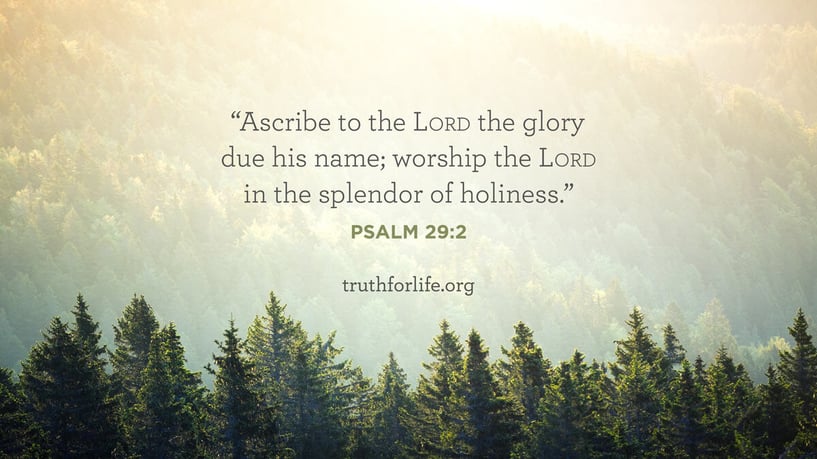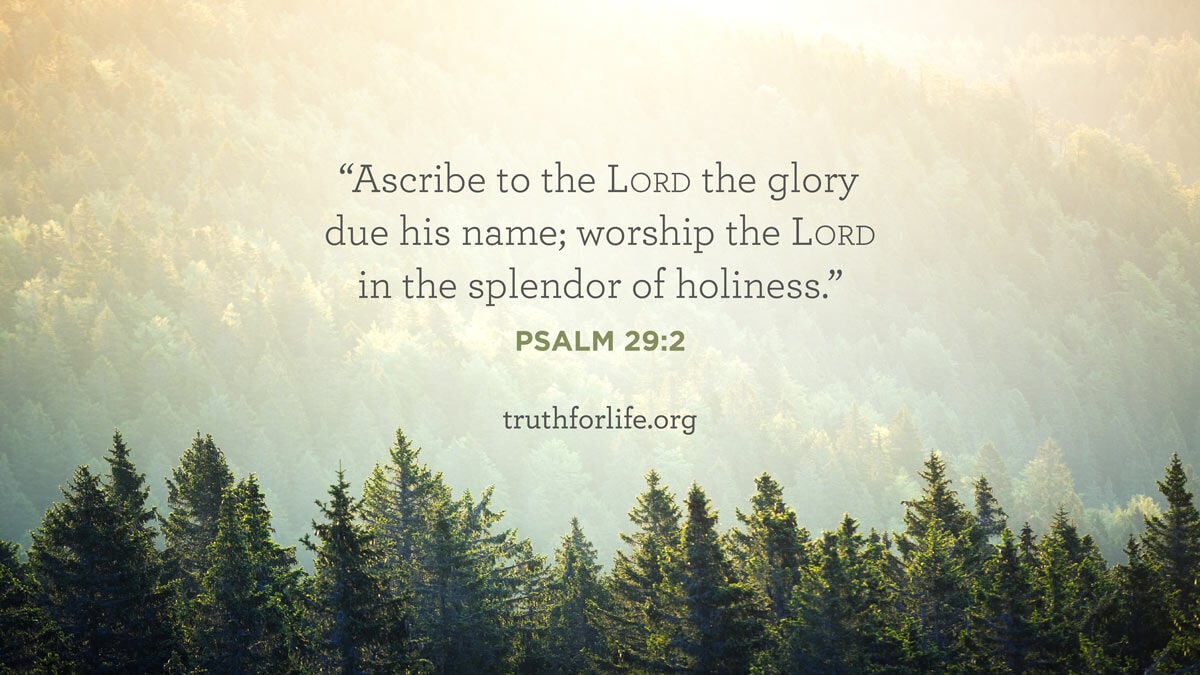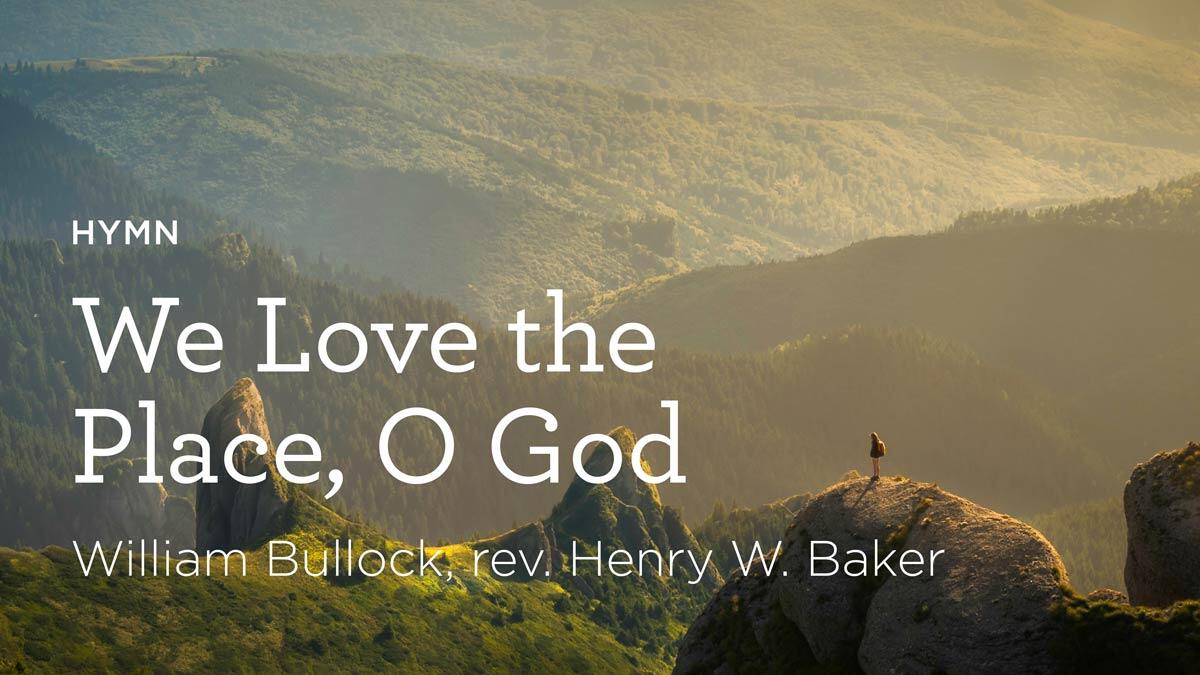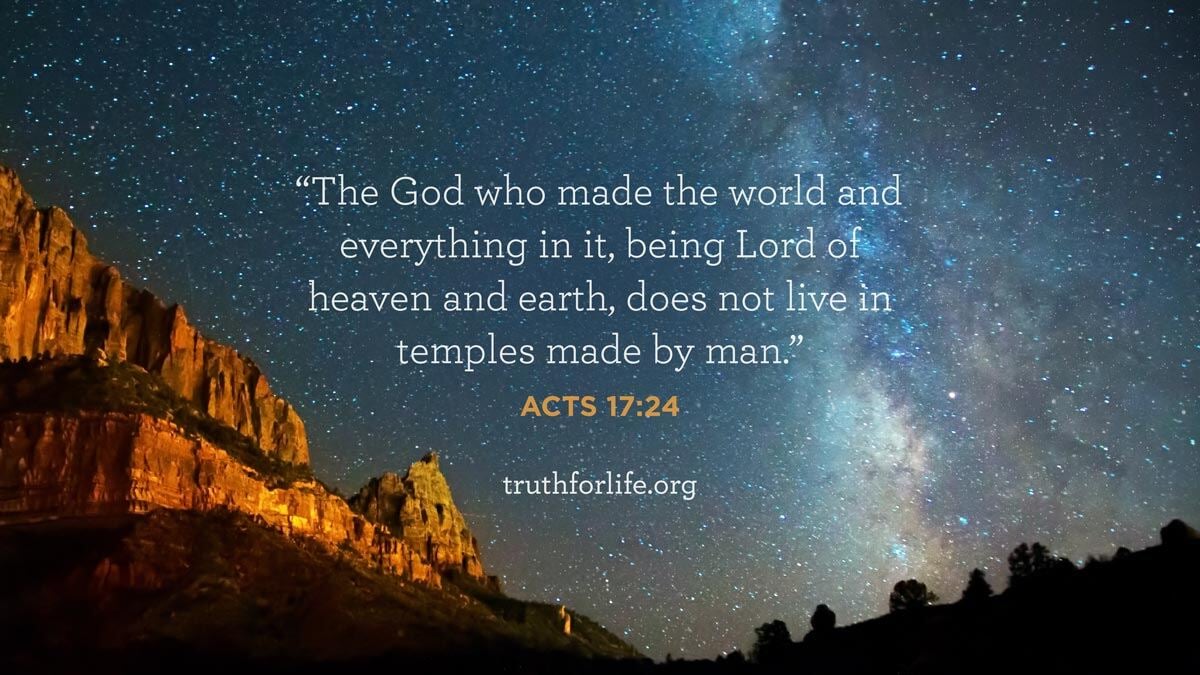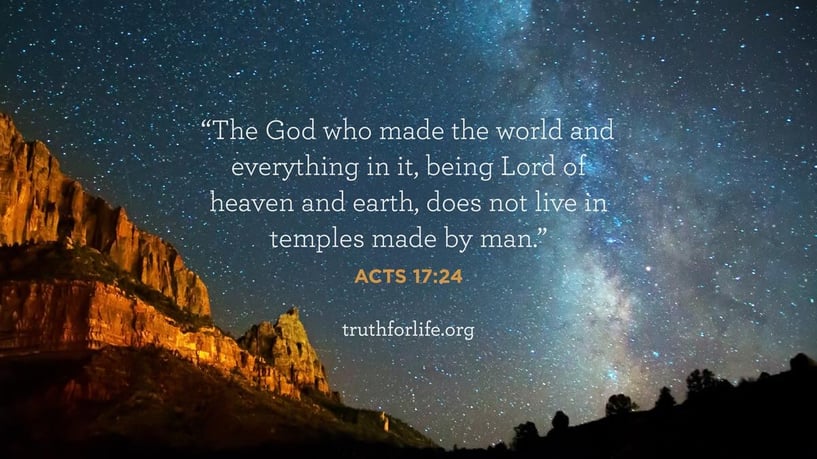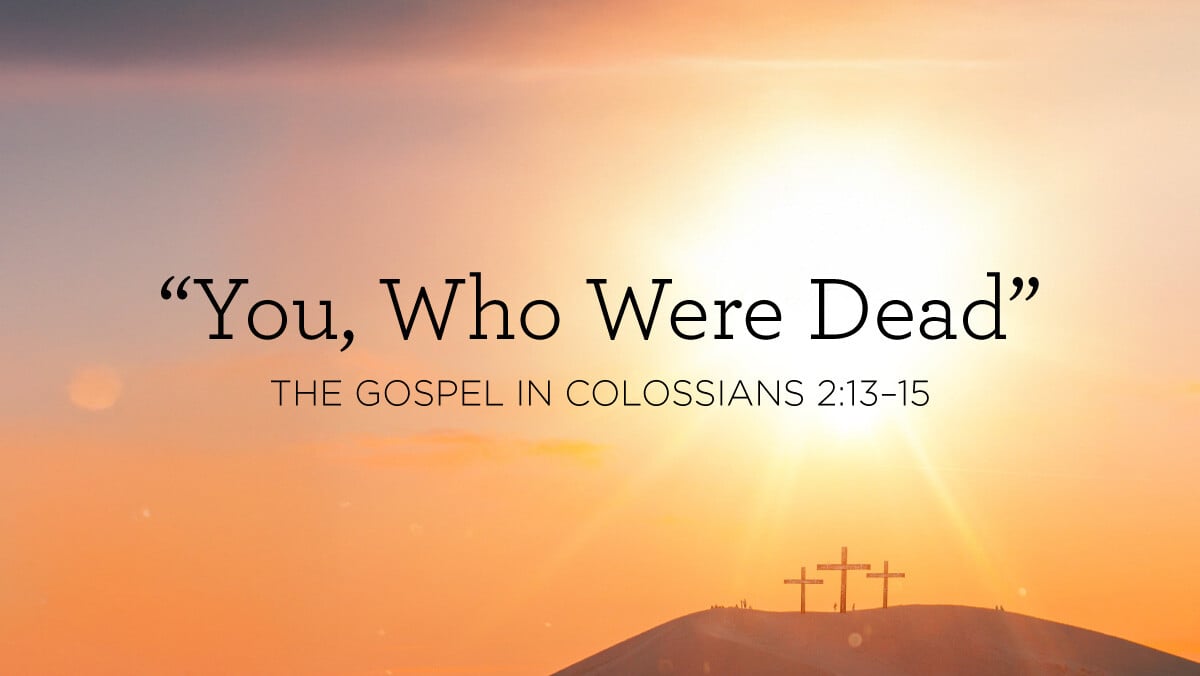“Long ago, at many times and in many ways, God spoke to our fathers by the prophets” (Heb. 1:1). But, the book of Hebrews tells us, the situation has changed. God’s Word has come to us in its fullness not as a series of propositions or promises but as a person: “In these last days he has spoken to us by his Son” (v. 2). In Jesus Christ, presented to us infallibly in the Scriptures, God essentially says about Himself and His eternal plan, “Here is My final word. There is nothing better to say.”

“Long ago, at many times and in many ways, God spoke to our fathers by the prophets” (Heb. 1:1). But, the book of Hebrews tells us, the situation has changed. God’s Word has come to us in its fullness not as a series of propositions or promises but as a person: “In these last days he has spoken to us by his Son” (v. 2). In Jesus Christ, presented to us infallibly in the Scriptures, God essentially says about Himself and His eternal plan, “Here is My final word. There is nothing better to say.”
That is why Hebrews 2:1 tells us, “We must pay much closer attention to what we have heard, lest we drift away from it.” What is it that “we have heard”? It is the Gospel of Jesus Christ, which the author of Hebrews has summarized for us in the opening of his letter. Hebrews 1:2–3 gives us five details about the Son that demand our attention, consideration, and meditation.
1. Jesus Is the Heir of All Things
In these last days he has spoken to us by his Son, whom he appointed the heir of all things. (Heb. 1:2)
From all eternity, the Son has had the promise of an inheritance. It is evident from the beginning of His life on earth. The angel told Mary about Jesus, “The Lord God will give to him”—that is, as His inheritance—“the throne of his father David, and he will reign over the house of Jacob forever, and of his kingdom there will be no end” (Luke 1:32–33).
At the end His ministry, in John 16:15, Jesus affirmed the scope of this inheritance: “All that the Father has is mine”—in other words, everything! As the hymn says,
He owns the cattle on a thousand hills,
The wealth in ev’ry mine;
He owns the rivers and the rocks and rills,
The sun and stars that shine.
And this same heir of all things, the hymn writer reminds us, cares for us. To know Jesus Christ is to share in the promises and blessings of this inheritance (Rom. 8:17).
2. Jesus Is God’s Creative Agent
In these last days he has spoken to us by his Son, … through whom also he created the world. (Heb. 1:2)
Paul says of the Son that “all things were created through him and for him” (Col. 1:16). And John affirms that “all things were made through him, and without him was not any thing made that was made” (John 1:3). So not only is everything to be placed in the Son’s hand, but actually, He was involved in it all in the first place. Everything that is and was and will be has come through Him and is destined for Him.
In Jesus Christ, presented to us infallibly in the Scriptures, God essentially says about Himself and His eternal plan, “Here is My final word. There is nothing better to say.”
There is no truth that does not have its origin in the Son. No scientist, no historian, no poet has ever said or done anything outside the bounds that the Lord Jesus set for them before time began. He is the starting point of the world and all we can know about it.
3. Jesus Displays God’s Glory
He is the radiance of the glory of God and the exact imprint of his nature. (Heb. 1:3)
God’s “glory” is the visible expression of His presence. Moses asked to see God’s glory on the mountain (Ex. 33:18). This is the same glory that the apostles saw in the face of Jesus Christ: “We have seen his glory, glory as of the only Son from the Father, full of grace and truth” (John 1:14).
When we see what the Son is like, we see exactly what God is like. That’s why when Philip repeated Moses’s request—“Lord, show us the Father”—Jesus answered, “Whoever has seen me has seen the Father” (John 14:8–9). The true and the full character of God is made open and clear to us in the person of Jesus.
4. Jesus Upholds the Universe
He upholds the universe by the word of his power. (Heb. 1:3)
The Son, in His role as Creator, was not a watchmaker who wound the earth up and let it go. No, the same powerful word that created something out of nothing actually keeps the creation going. “In him,” Paul says of the Lord Jesus, “all things hold together” (Col. 1:17).
There is no truth that does not have its origin in the Son.
Jesus’ miracles reveal this cosmic reality as through Him, the power of God breaks into the course of normal events. It took only a word for Jesus to calm the storm on the Sea of Galilee, just as it had taken only a word to create the Sea of Galilee. In awe, the disciples asked, “Who then is this, that even the wind and the sea obey him?” (Mark 4:41). He is the very one who “upholds the universe by the word of his power.”
5. Jesus Purifies and Petitions
After making purification for sins he sat down at the right hand of the Majesty on high. (Heb. 1:3)
Because He upholds the universe, it is also in the scope of Jesus’ power to uphold His creation—the pinnacle of which is humanity, made in the very image of God. Most remarkably, He this did by “making purification” on the cross. At a moment in time, the creator of time “bore our sins in his body on the tree, that we might die to sin and live to righteousness” (1 Peter 2:24).
Jesus’ humanity was a necessity, but His divine identity made this purification possible and totally effective. A priest of the old covenant “stands daily at his service, offering repeatedly the same sacrifices, which can never take away sins” (Heb. 10:11). But Jesus “has appeared once for all at the end of the ages to put away sin by the sacrifice of himself” (Heb. 9:26)—an incomparable sacrifice.
Furthermore, unlike the priests of the old covenant, Jesus “is able to save to the uttermost those who draw near to God through him, since he always lives to make intercession for them” (Heb. 7:25). There will never be a day when He ceases to intervene on our behalf, putting His righteousness before the Father and attributing it to all who believe in Him as Lord and Savior. There will never be a day when we cannot draw near to God in full assurance of faith (Heb. 10:22).
Pay Attention!
In a pluralistic, syncretistic world, we may be tempted to say, “Whatever works for you!” But the Scriptures have not left that path open to us. God’s final Word has come to us in the person of His Son.
“Therefore,” the writer to the Hebrews reminds us, “we must pay much closer attention to what we have heard” about this Jesus. When we feel ourselves beginning to drift away, we must lift our eyes again to God’s glory revealed in God’s Son, who will inherit all things, who made us, who sustains us, who saved us, and who keeps us.
This article was adapted from the sermon “Heed These Warnings” by Alistair Begg.


